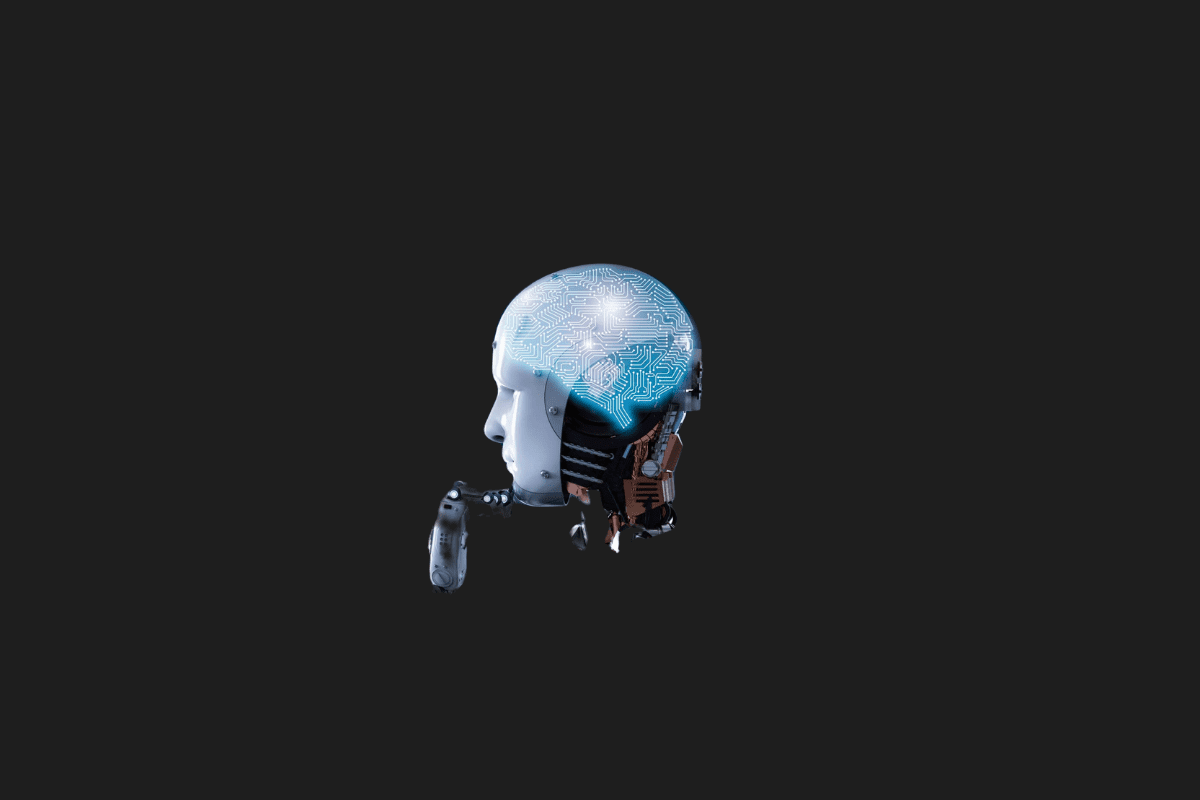The concept of Artificial Intelligence (AI) is older than many might realize, with its roots tracing back to ancient history. However, as a formal academic discipline, AI is relatively young. Here’s a brief overview of the evolution of AI:
Ancient Times and Mythology
Throughout ancient history, myths and stories from various cultures have featured non-human entities with human-like intelligence, such as automatons, golems, and other mythical creatures. These tales reflect an age-old human desire to create life or intelligence.
Philosophical Foundations
Philosophers, long before the advent of modern computers, pondered the nature of thinking and the possibility of machine-based intelligence. The famous thought experiment called the “Turing Test,” proposed by Alan Turing in 1950, became a foundational concept for AI. The test posits that if a machine’s behavior is indistinguishable from a human’s, it can be considered intelligent.
Birth of AI as a Discipline
The term “Artificial Intelligence” was first coined at a conference at Dartmouth College in 1956. John McCarthy, Marvin Minsky, Nathaniel Rochester, and Claude Shannon proposed the conference with the belief that “every aspect of learning or any other feature of intelligence can in principle be so precisely described that a machine can be made to simulate it.” This event is often recognized as the birth of AI as a formal academic discipline.
Early AI Research
Following the Dartmouth workshop, the 1960s and 70s witnessed significant enthusiasm and funding for AI research. Early AI projects attempted to mimic human reasoning and problem-solving. These rule-based systems, however, struggled with tasks that humans found easy but were challenging to codify in formal rules.
AI Winters
AI has gone through periods known as “AI winters” during the 1970s and 1980s, characterized by reduced funding and interest due to inflated expectations and subsequent disappointments from the limitations of early AI models.
Modern Era and Machine Learning
In the 1990s and especially in the 21st century, AI research saw a revival. A significant factor was the emergence and dominance of machine learning, particularly deep learning, which moved the field away from rule-based models to data-driven approaches. The availability of massive datasets and increased computational power has driven many of the recent successes in AI.
Conclusion
While the idea of creating artificial beings with human-like intelligence goes back thousands of years, AI as a formal field of study is just over six decades old. Its journey from philosophical musings to modern applications has been marked by both remarkable advancements and periods of stagnation. Today, AI is at the forefront of technological innovation, impacting various domains and industries.
You may also like this content
- How to Use iPhones’ New Emoji Creation Feature “Genmoji”
- OpenAI Introduces Sora: A Revolutionary Text-to-Video Creation Tool
- AI-Powered Marketing: A Guide for CMOs

